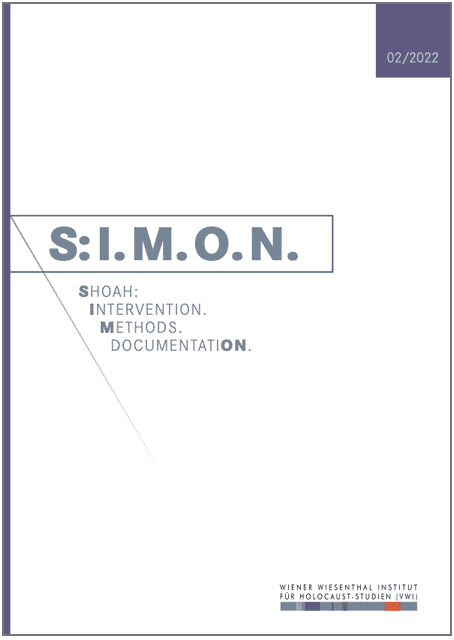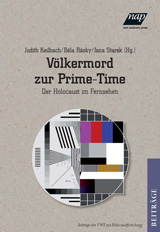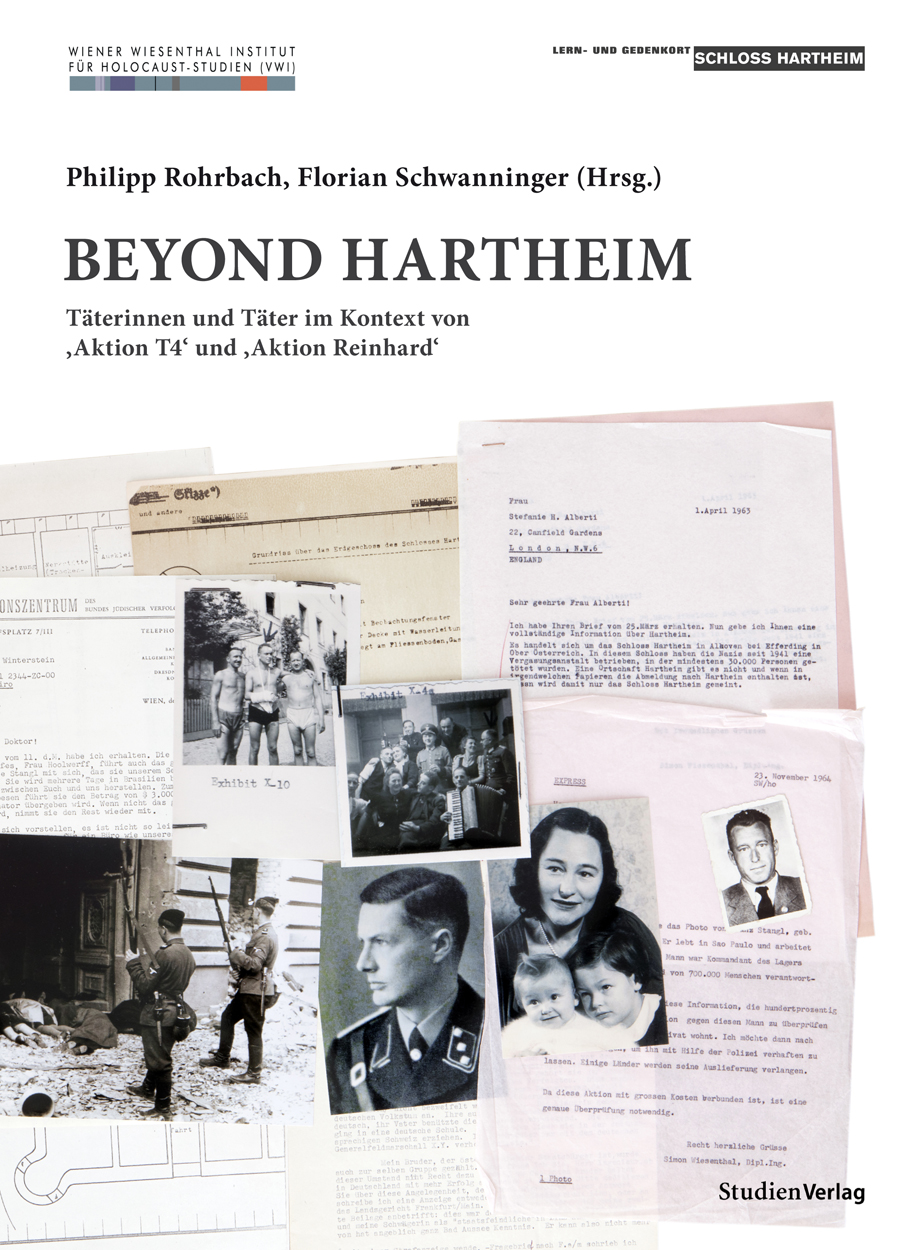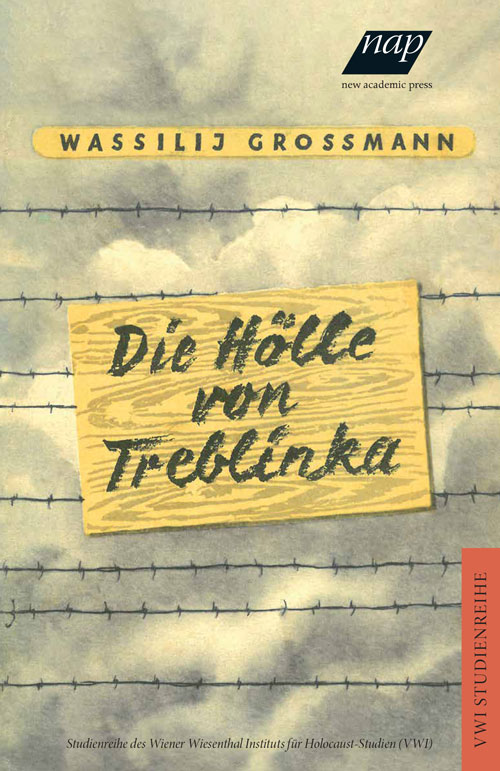Mapping the Genocide of the Roma in Hungary
Despite efforts by scholars and educators in the last two decades, the genocide of the Roma remains underrepresented in commemorative practices, scholarship, and education on the Second World War in Central Europe. Furthermore, countries like Hungary and Slovakia display strong feelings against their Roma populations. Institutionalised Romaphobia in these countries is in fact reinforcing these negative societal attitudes and obscuring the genocide of the Roma from practices of Holocaust remembrance.
This international partnership will serve to develop an online portal dedicated to the genocide against the Roma in the 1940s, focusing on western Hungary and southern Slovakia, where the deadliest anti-Roma persecutions took place. The key result of the project will be an interactive map visualising the collection and labour camps, sites of killings and atrocities, burial sites, memorials, and routes of forced marches.
This project, which is funded by the International Holocaust Remembrance Alliance (IHRA), will digitise and utilise unexplored archival sources on the topic and offer a complete digital catalogue of archival records from state archives of Hungary and Slovakia with multilingual descriptions to facilitate further research. The portal will moreover incorporate images, thematic maps, glossaries of key persons, places, and subjects, as well as a timeline providing a comprehensive account of the genocide of the Roma in Hungary, including its origins and aftermath, and its contemporary spatial, cultural, and political memory. Complimentary educational materials will be created and integrated, making the portal accessible for educators.
The archive will finally be disseminated to our nationwide network of local authorities, including mayors, civil servants, and directors of school districts, museums, cultural institutions, and NGOs. Local decision makers will thus be able to conduct public lectures, cultural programmes, and educational and commemorative programmes like Roma Holocaust Memorial Day. Ultimately, this project will integrate Roma perspectives in national narratives and educational practices, filling this gap in research, education, and memorialisation.
Responsible for the project, funded by IHRA, is László Csősz (National Archives of Hungary).










